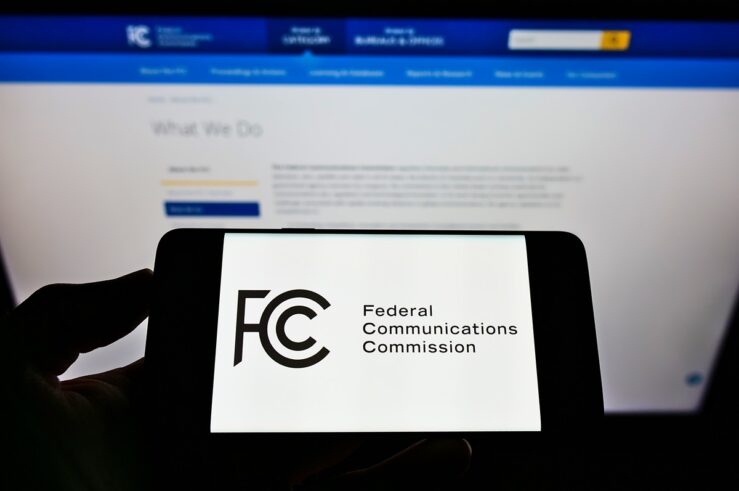From the NY Times:
Federal regulators on Wednesday approved a rule that would ban exclusive agreements that cable television operators have with apartment buildings, opening up competition for other video providers that could eventually lead to lower prices.
The Federal Communications Commission unanimously approved the change, which Chairman Kevin Martin said would help lower cable rates for millions of subscribers who live in apartment buildings and other multi-unit dwellings, or about 25 million households. He said the move would particularly help minorities who disproportionately live in multi-unit dwellings.
What is at issue here is the exclusive contracts between cable operators and the owners of “multiple dwelling units” (MDUs). From what I understand, the FCC order appears to prohibit the enforcement of both existing and new exclusive arrangements with MDUs as anticompetitive contracts. It is well known in the economics literature that exclusive contracts, and competition for access to consumers through the use of exclusives, can generate significant pro-competitive benefits.
According to FCC Commissioner McDowell’s Concurring Statement, the FCC’s record after studying this issue in 2003 and allowing these contracts recognized this fact as well as the potential for anticompetitive behavior in certain cases. It is unclear why the FCC reversed ground. A few statements from Commissioners cite to evidence that cable rates have increased over the last decade or so. But it is unclear whether there was any analysis that supports the view that any increase in prices is related to these contracts.
Apartment owners are not so excited about the move. From the LA Times:
“You prevent the apartment owner from playing one provider off against another to get the best possible price and the best possible service,” said Jim Arbury, senior vice president of the National Multi Housing Council, a trade group representing large-building owners, managers and builders. “The people aren’t going to get the choice the FCC thinks they’re going to get.”
The cable industry is also obviously against the Order, which would void existing contracts with MDUs which spurred the providers to invest millions of dollars to wire apartment buildings and provide upgrades. The parties that appear to be complaining the loudest about the contracts are phone companies who are trying to compete with the cable providers by selling TV services over their lines.
In any event, the FCC Order produces a nice natural experiment. According to the LA Times story, about 30 states currently allow exclusive contracts with MDUs while other state legislation already banned the contracts. The FCC Order, if upheld after an anticipated showdown in court, will only impact those states that currently allow it. Any guesses as to what the impact of the FCC order will be on prices?




